Tuesday night’s 1-1 draw with Tunisia drew the curtain on a deeply underwhelming international break for Nigeria and her fans.
Kelechi Iheanacho’s first-half goal, his first for the national team for three years, seemed to presage a much-improved performance from the humbling defeat at the hands of Algeria four days earlier. However, by the end of the opening period, a penalty had been missed, and some all-too-familiar foibles had, once again, arisen.
Even against a Tunisia side given to playing on the break, the Super Eagles were unable to assert themselves upon proceedings.
When faced with the might of (a second-string) Algeria, it was somewhat palatable to be outplayed for periods of the game; Djamel Belmadi’s side are, after all, reigning African champions, and showed their depth and fortitude in holding Concacaf champions Mexico to a 2-2 draw despite being down a man for 40 minutes.
To be so easily manacled by the Carthage Eagles is an altogether tougher pill to swallow.
Some of that was to do with the withdrawals of Wilfred Ndidi, Joe Aribo and Oghenekaro Etebo thinning out the midfield pool. Aribo has enjoyed a strong start to life on the international stage, seeming especially to relish friendlies, and has brought much-needed dynamism to middle of the park; Ndidi and Etebo made up, almost in entirety, Gernot Rohr’s defensive midfield rota. So yes, there were mitigating factors.
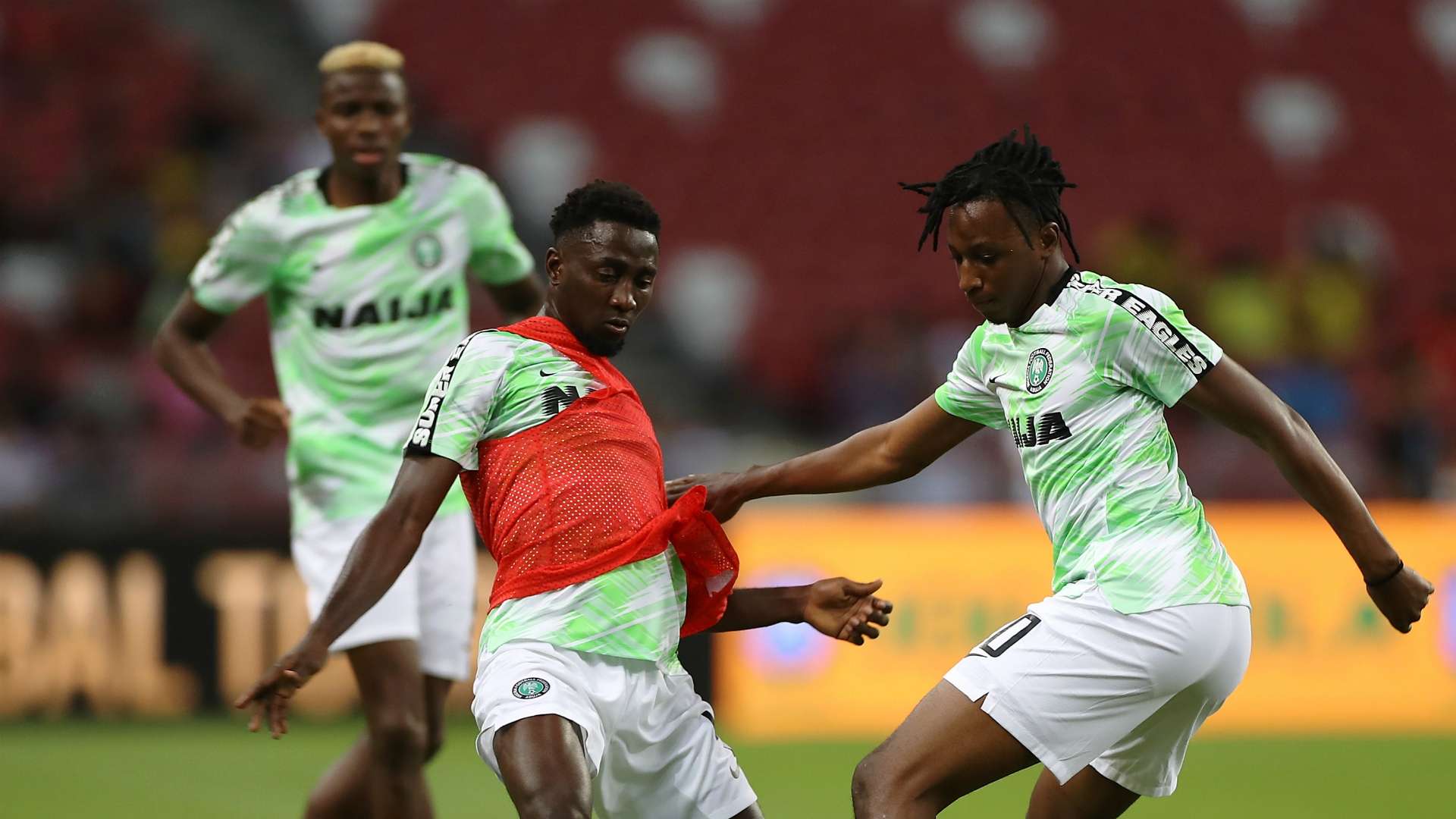 Getty Images
Getty Images
However, it was also Rohr’s call to eschew calling up proper replacements, especially when he had Ramon Azeez on the standby list.
That directly played into Semi Ajayi, on whom the jury is still out in his natural position in central defence, deputising in front of the back four for these two matches.
The inability of the West Bromwich Albion man to adapt to the demands of the role were apparent by how often he abdicated his post, and made the decision to discard Frank Onyeka, a natural in the position, even more difficult to understand.
That really is the overwhelming theme from this international window: increasingly, it is difficult to understand Rohr’s decision-making process as far as selection goes.
What was the rationale behind his decision to give Maduka Okoye two starts in the one position where clarity has been difficult to find?
The Sparta Rotterdam goalkeeper was impressive on debut against Brazil in 2019, and looked assured in the Algeria defeat. Surely, Tunisia offered the optimum chance to blood either Matthew Yakubu – who had been earning rave reviews in traning – or former youth international Dele Alampasu.
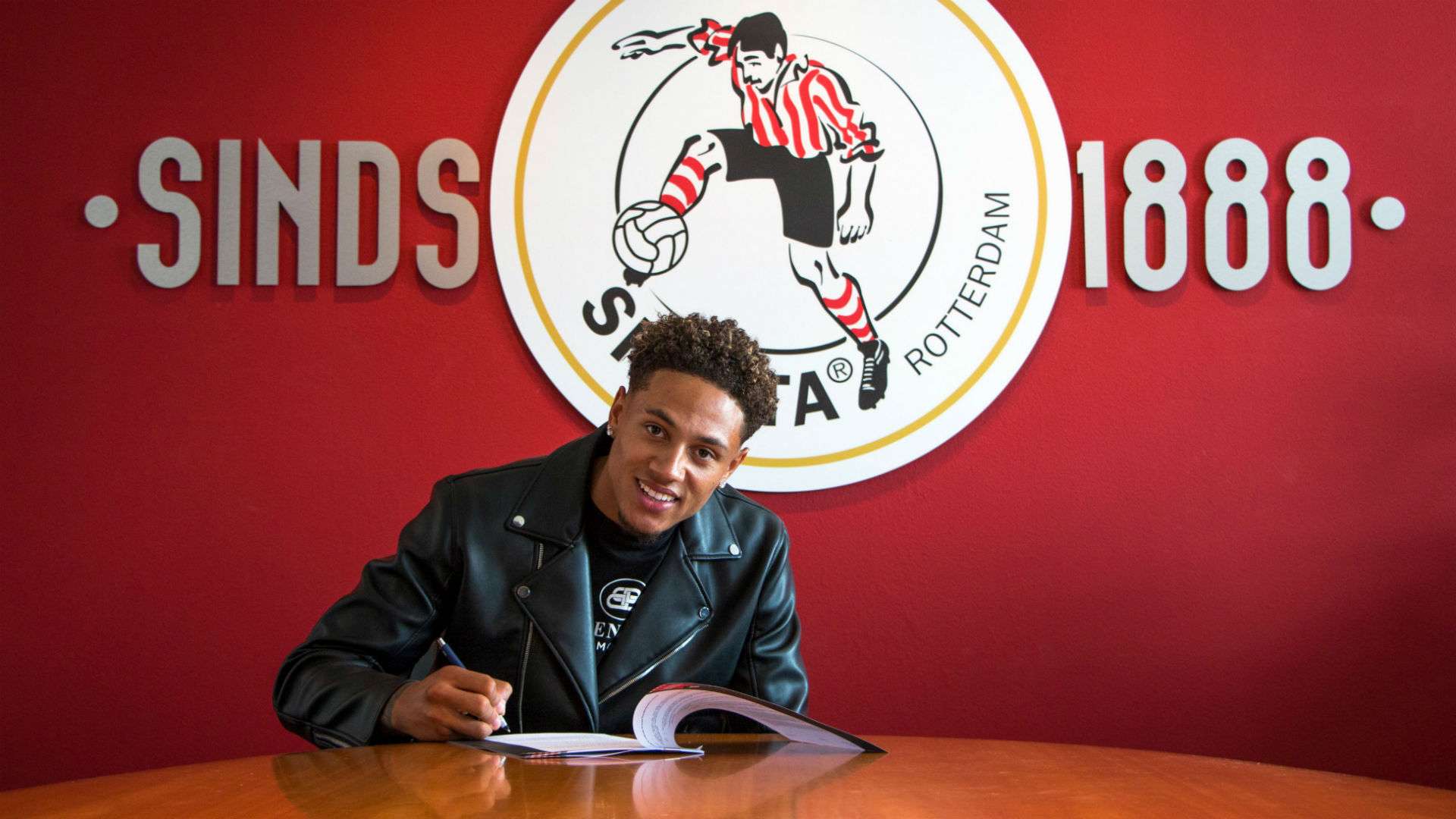 Sparta/Twitter
Sparta/Twitter
With Francis Uzoho still working his way back to fitness, and Daniel Akpeyi wildly fluctuating in terms of his output, surely deepening the pool by assessing another option in the second friendly should have been a priority.
Remaining on the subject of odd decisions, how to compute Cyriel Dessers and Chidera Ejuke, two attackers who shone in the Eredivisie last season and earned moves on the back of their showings, receiving a paltry 30-minute window (combined) to stake their claims?
The case of the former, in particular, is a proper head-scratcher; following Paul Onuachu’s fish-out-of-water outing against Algeria, it seemed certain Dessers would get a start against Tunisia. Instead, Ahmed Musa was selected upfront as a lone centre-forward, and despite being predictably ineffectual, he remained on the pitch for 70 minutes.
It was a snub that seemed almost pointed, and it was in that wise that the wonderfully slippery Ejuke took it. Upon coming on, he proceeded to play like he simply did not care, going on a series of dribbles and ducking in and out of cul-de-sacs, the equivalent of Nero fiddling while Rome burnt or, more appropriately, Jay-Jay Okocha japing about at the corner flag at the 1998 World Cup while Denmark cut swathes through Nigeria’s midfield.
Why did Kevin Akpoguma and Chidozie Awaziem get spells – out of position – at right-back while Ola Aina cooled his heels on the bench for all 180 minutes over the course of both matches?
Why did Zaidu Sanusi emerge for the second half against Tunisia at all, seeing that he had made his point already?
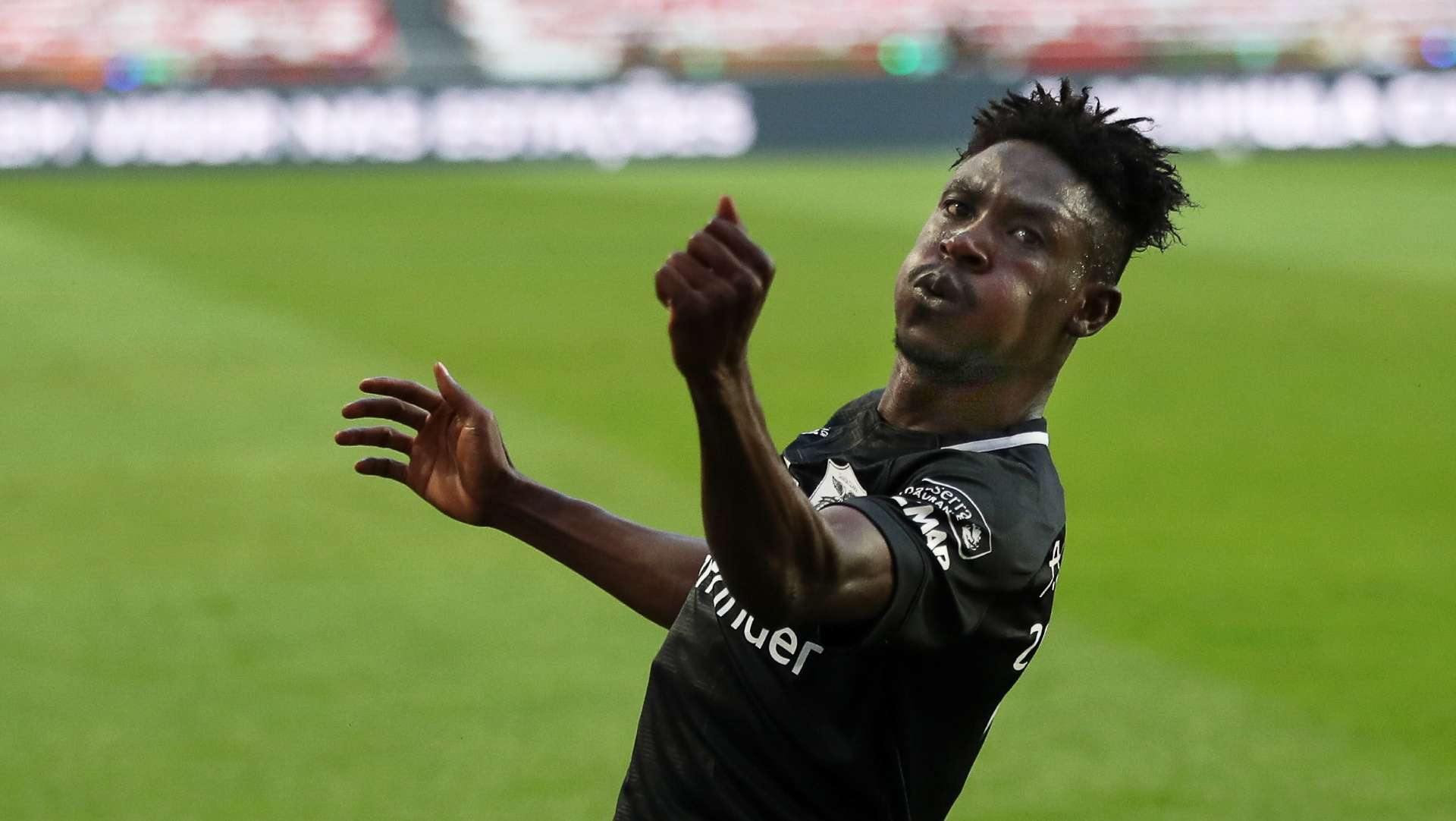 EPA/MANUEL DE ALMEIDA / POOL
EPA/MANUEL DE ALMEIDA / POOL
Only upon appearing to tweak his groin after the hour-mark was he replaced by Jamilu Collins; a serious injury at this point would be a huge blow, not only to the player, but to FC Porto, who sold first-choice left-back Alex Telles to Manchester United on transfer deadline day.
Rohr’s many idiosyncrasies lent an air of farce to the October international window, and have almost completely wiped out the optimism that had previously haloed the national team.
He will rightly point to these as friendlies: unimportant in the wider scheme, and therefore only useful for experimentation. He would be right, except for the fact that, by his aversion to risk, he managed to defeat the latter purpose, while also giving the lie to the former.
It was a window for trying new things and recapturing the imagination ahead of November’s double-header against Sierra Leone.
While nothing less than six points over those two matches was going to do, by failing to freshen the pot, there is now added pressure on those outcomes, and none of the excitement that new discovery can bring to mitigate it.
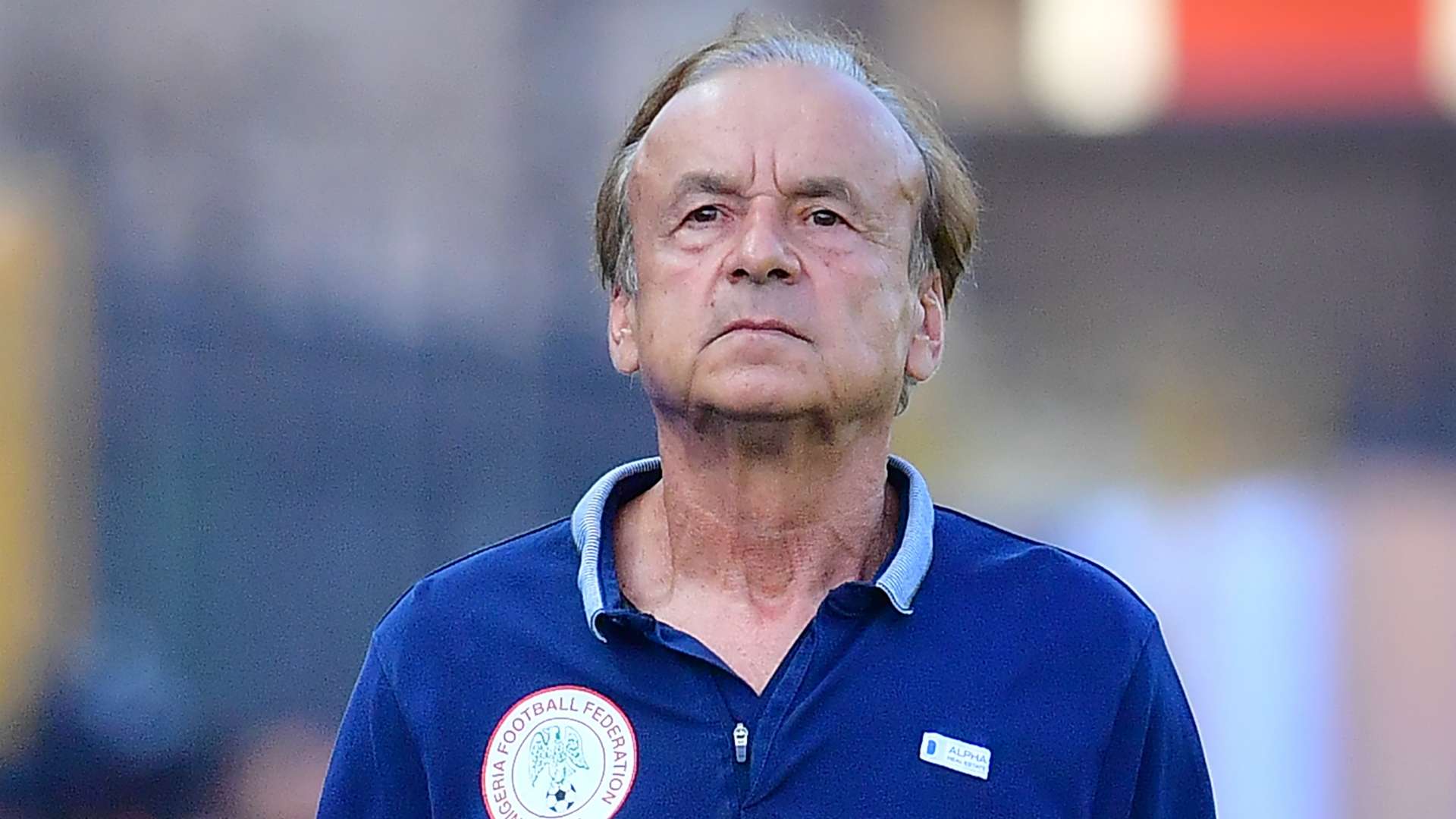


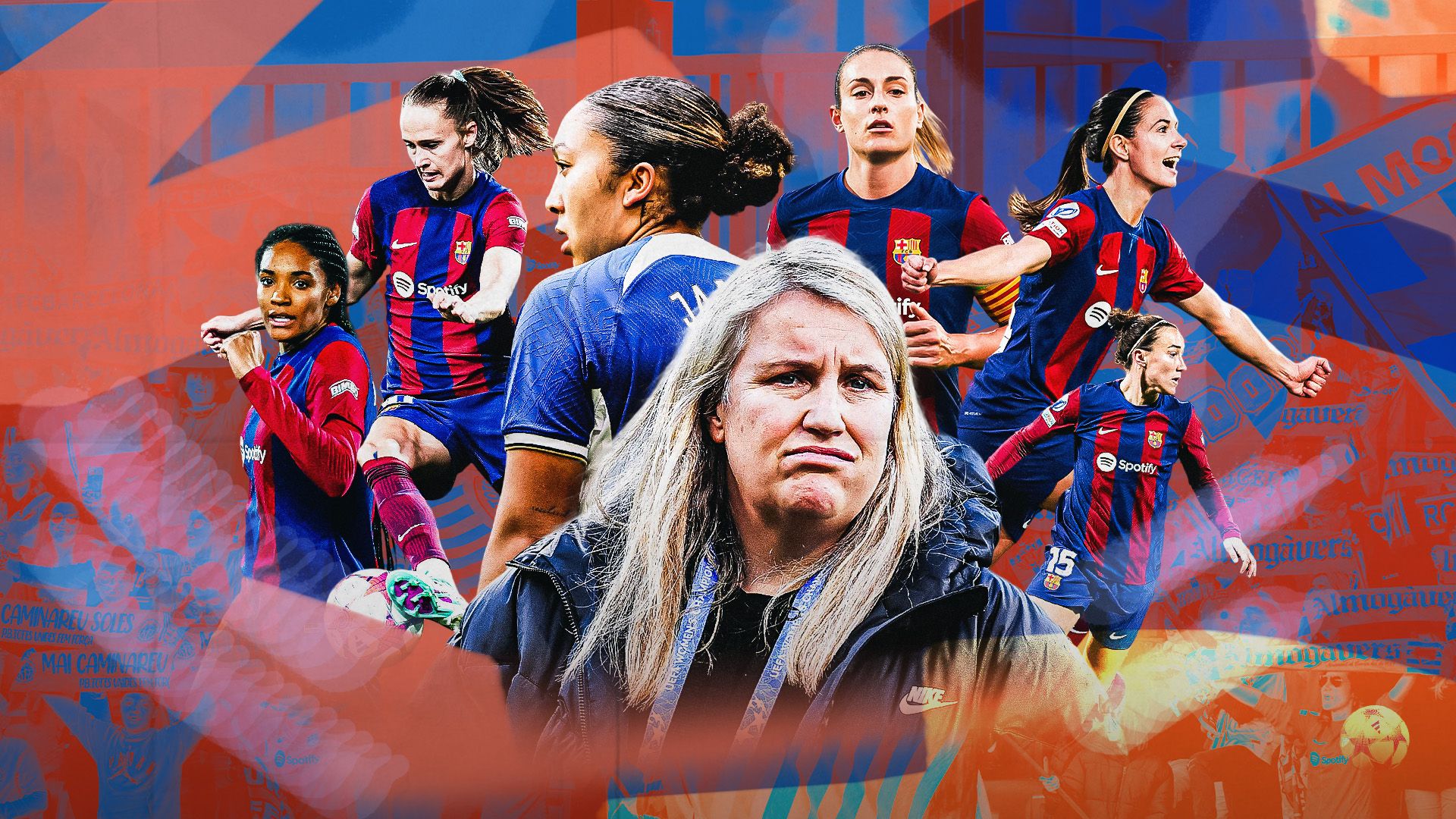.jpg?auto=webp&format=pjpg&width=640&quality=60)
.jpg?auto=webp&format=pjpg&width=640&quality=60)